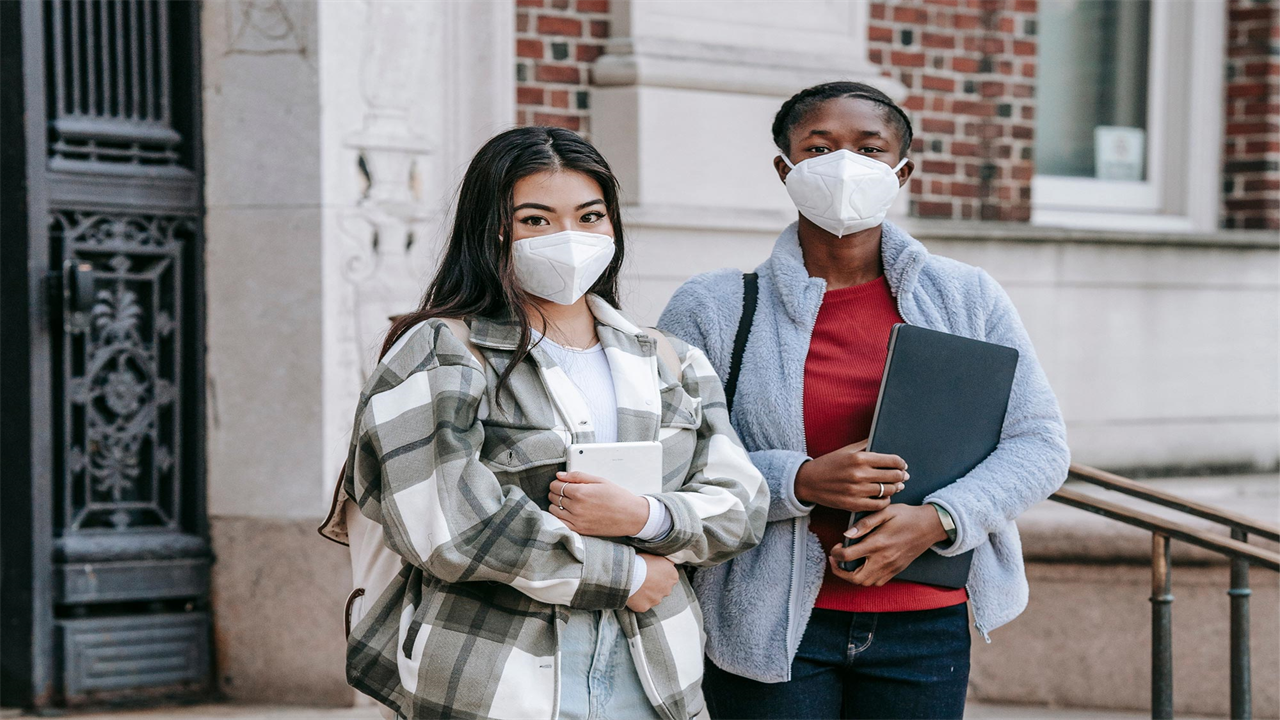High School Students Studying Remotely Because of COVID-19 Suffered Socially, Emotionally, and Academically
0 View
Share this Video
- Publish Date:
- 14 July, 2021
- Category:
- Covid
- Video License
- Standard License
- Imported From:
- Youtube
Tags

Study finds “blooming gap” between students who attend high school remotely versus in-person.
Data from the COVID pandemic shows that high school students who study remotely have suffered socially, emotionally and academically.
New research shows that high school students who attended school remotely during the COVID-19 pandemic suffered socially, emotionally and academically compared to those who attended in person.
The study was published today in Educational Researcher (ER) by researchers Angela L. Duckworth, Tim Kautz, Amy Defnet, Emma Satlof-Bedrick, Sean Talamas, Benjamin Lira and Laurence Steinberg. ER is a peer-reviewed journal of the American Educational Research Association.
“Many news stories feature individual stories of teens who suffered from anxiety, depression and other mental health problems during the pandemic,” said lead author Duckworth, a professor at the University of Pennsylvania and the founder and CEO of Character Lab. “This study provides some of the first empirical evidence of how distance learning affected adolescents’ well-being.”
The study found a social, emotional and academic “blooming gap” between students who attended school in person and their counterparts who attended remotely. The greater suffering of students who went to school remotely held up when checking how students fared on the same dimensions prior to the pandemic. While not huge in size, the booming divide has been consistent across gender, race/ethnicity and socioeconomic status – and even small effects are remarkable when they affect millions of individuals.
On a 100-point scale, in-person students were rated higher than distance students on the levels of social well-being (77.2 vs. 74.8), emotional well-being (57.4 vs. 55.7), and academic well-being (78.4 vs. 77.3).
“Notably, the booming gap was greater among students in 10th through 12th grade than in ninth grade,” said Steinberg, a professor at Temple University.
“As policymakers prepare for national tutoring and recovery programs — which we agree are urgent priorities — we need to recognize that our country’s students are not just being left behind as artists, they are suffering as people,” Duckworth said. “Meeting their intrinsic psychological needs — for social connection, for positive emotions, and authentic intellectual engagement — is a challenge that can’t wait.”
As part of an ongoing research partnership with Orange County Public Schools, a large and demographically diverse Florida public school district, the study authors had already conducted the Character Lab Student Thriving Index – a confidential survey that measures current social, emotional and academic experience – to more than 6,500 students in February 2020, just before the pandemic closed schools.
A few months later, families in this district were given the option to take distance classes instead of face-to-face for the 2020-21 school year. Two-thirds of the students in the sample ended up going to school remotely and a third went to school in person. Whether learning at home or taking classes at school, the same students completed the Student Thriving Index again in October 2020.
To capture social well-being, the survey included questions about babysitting at school, whether there was an adult at their school they could turn to for support or advice, and whether there was an adult at their school who always wanted them to their best. For emotional well-being, teens responded to how often they felt happy, relaxed, and sad, and how they felt about their lives in general. And for academic well-being, the survey asked how interesting teens found their classes, how important they thought it was to do well in their classes, and how confident they were that they would succeed in their classes if they tried.
Reference: College Students Suffer Socially, Emotionally, and Academically” by Angela L. Duckworth, Tim Kautz, Amy Defnet, Emma Satlof-Bedrick, Sean Talamas, Benjamin Lira, and Laurence Steinberg, July 14, 2021, Education Researcher.
DOI: 10.3102/0013189X211031551










